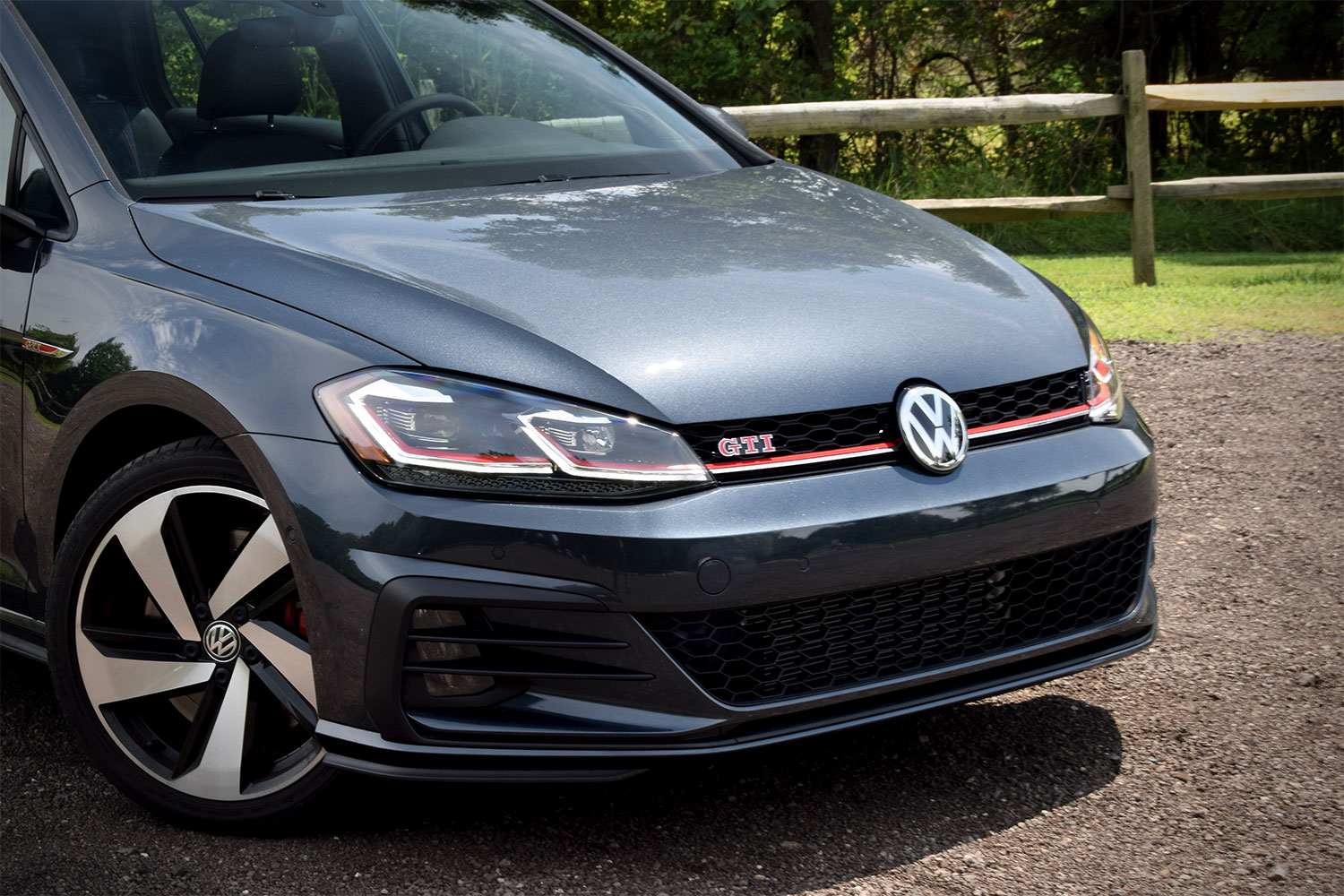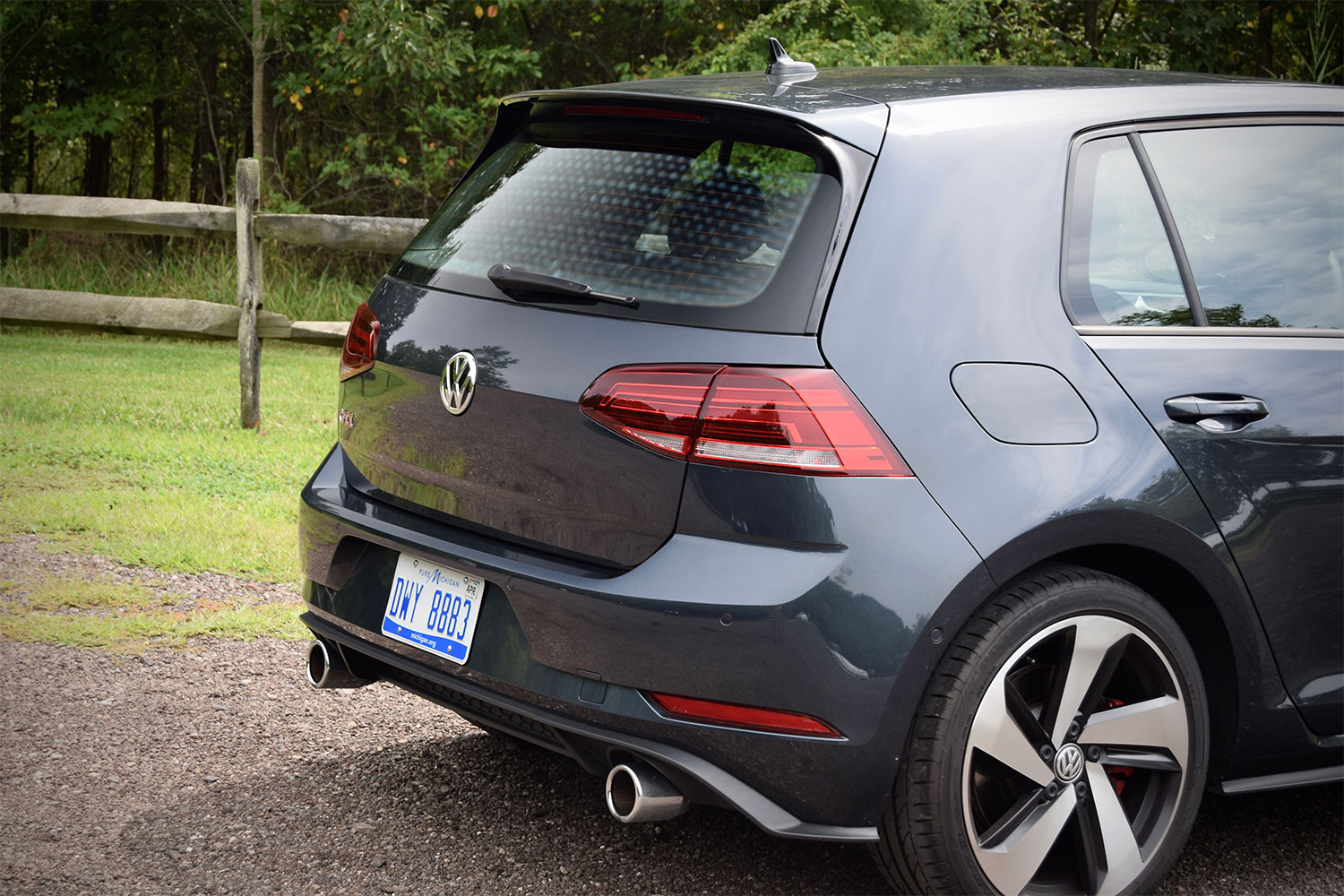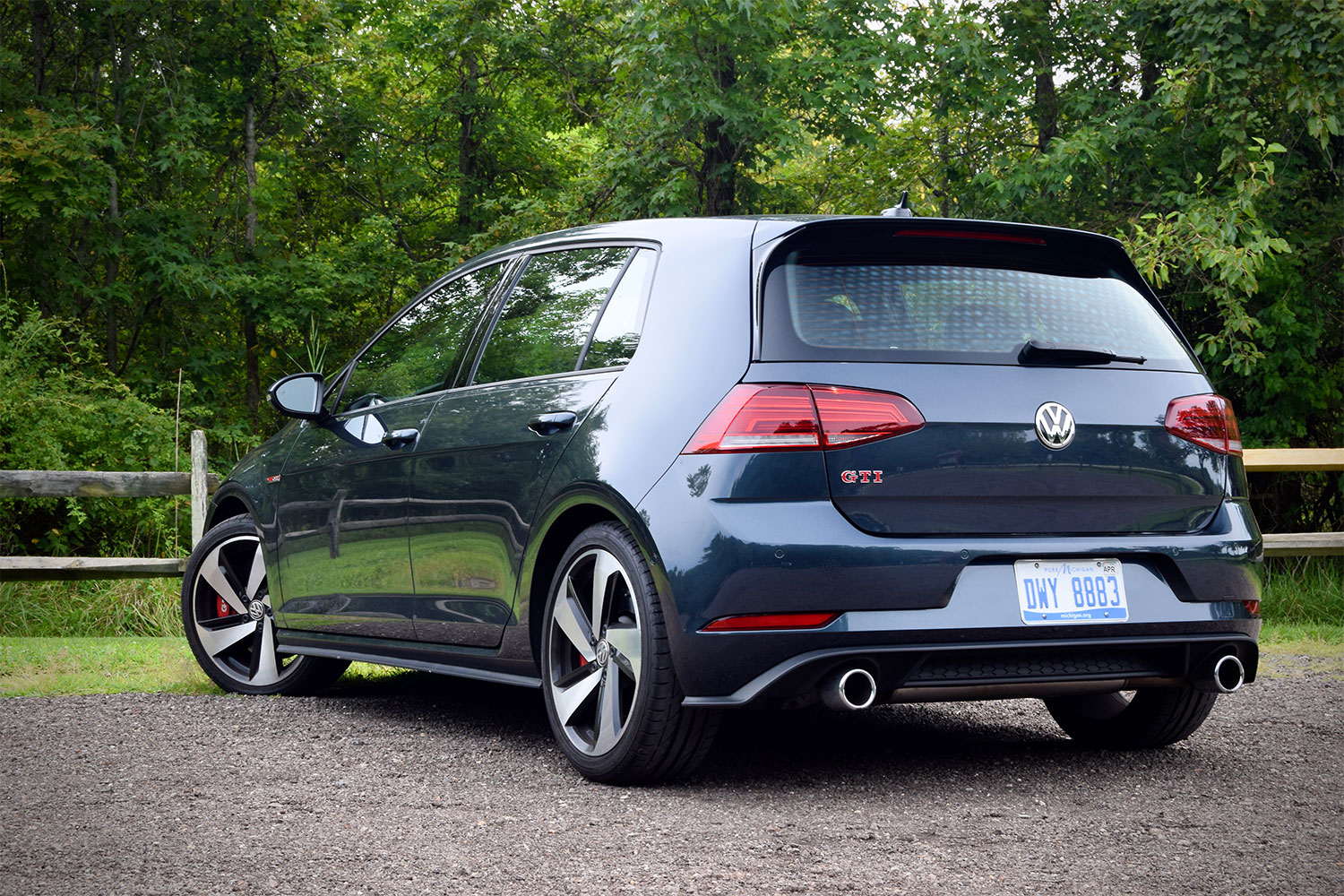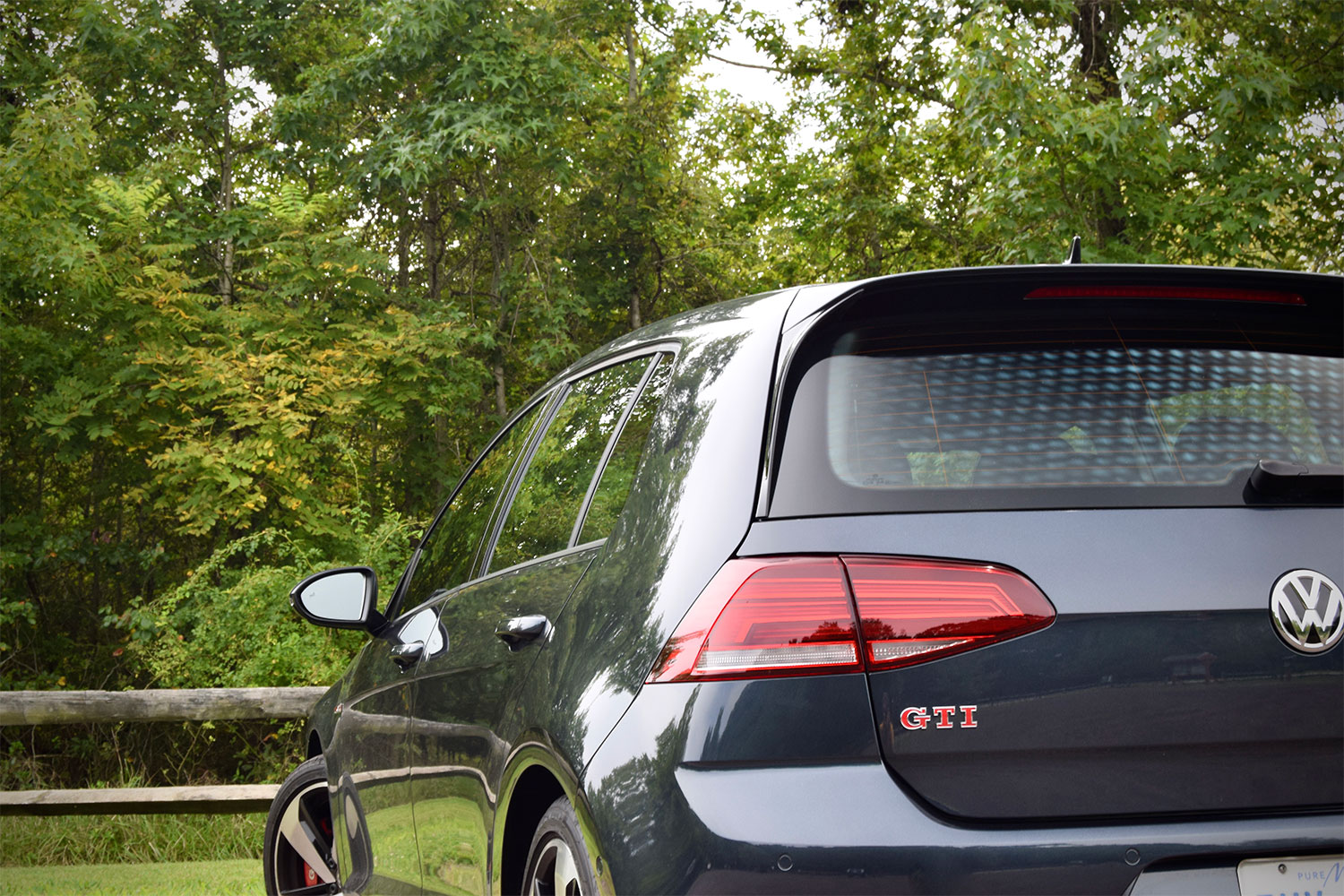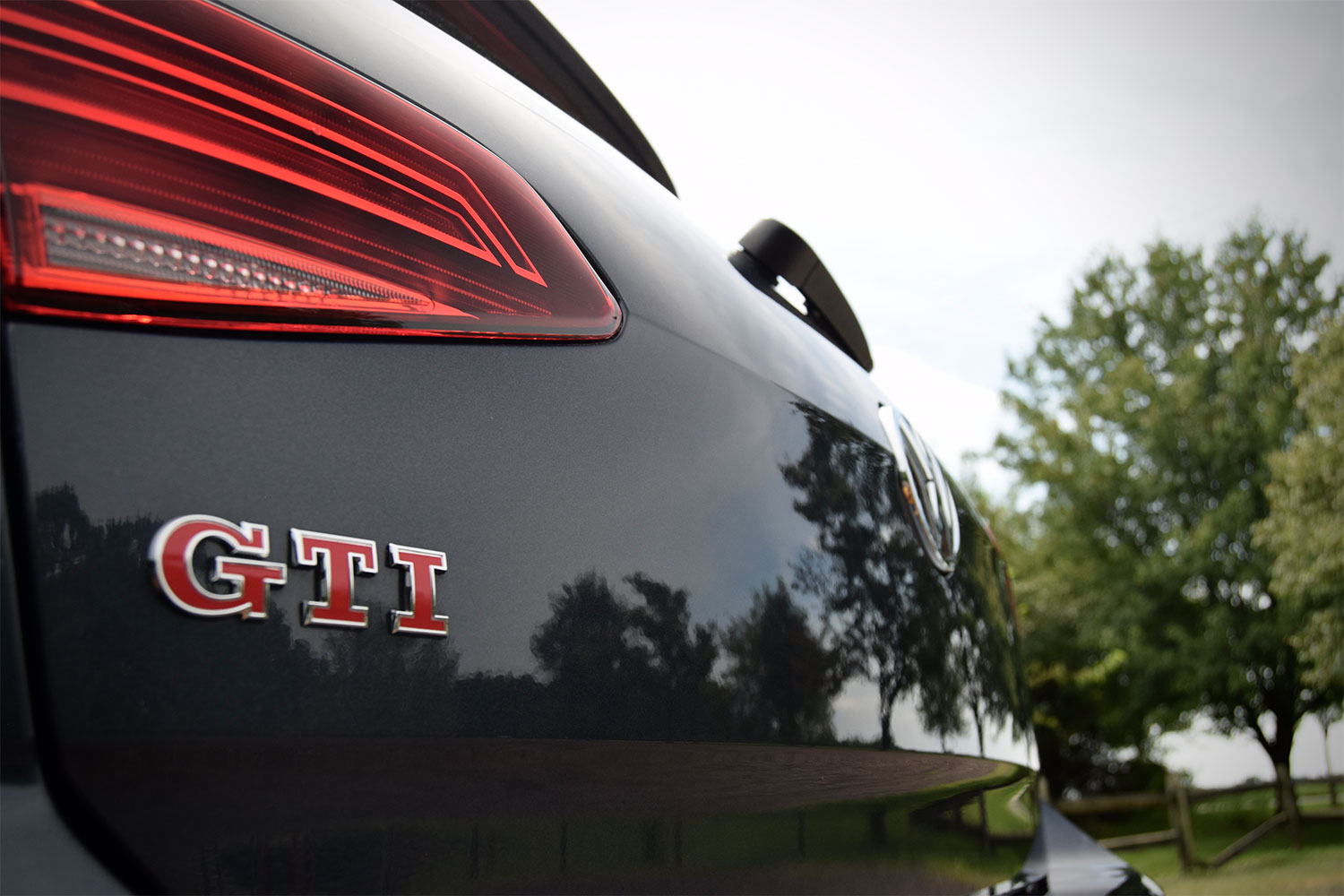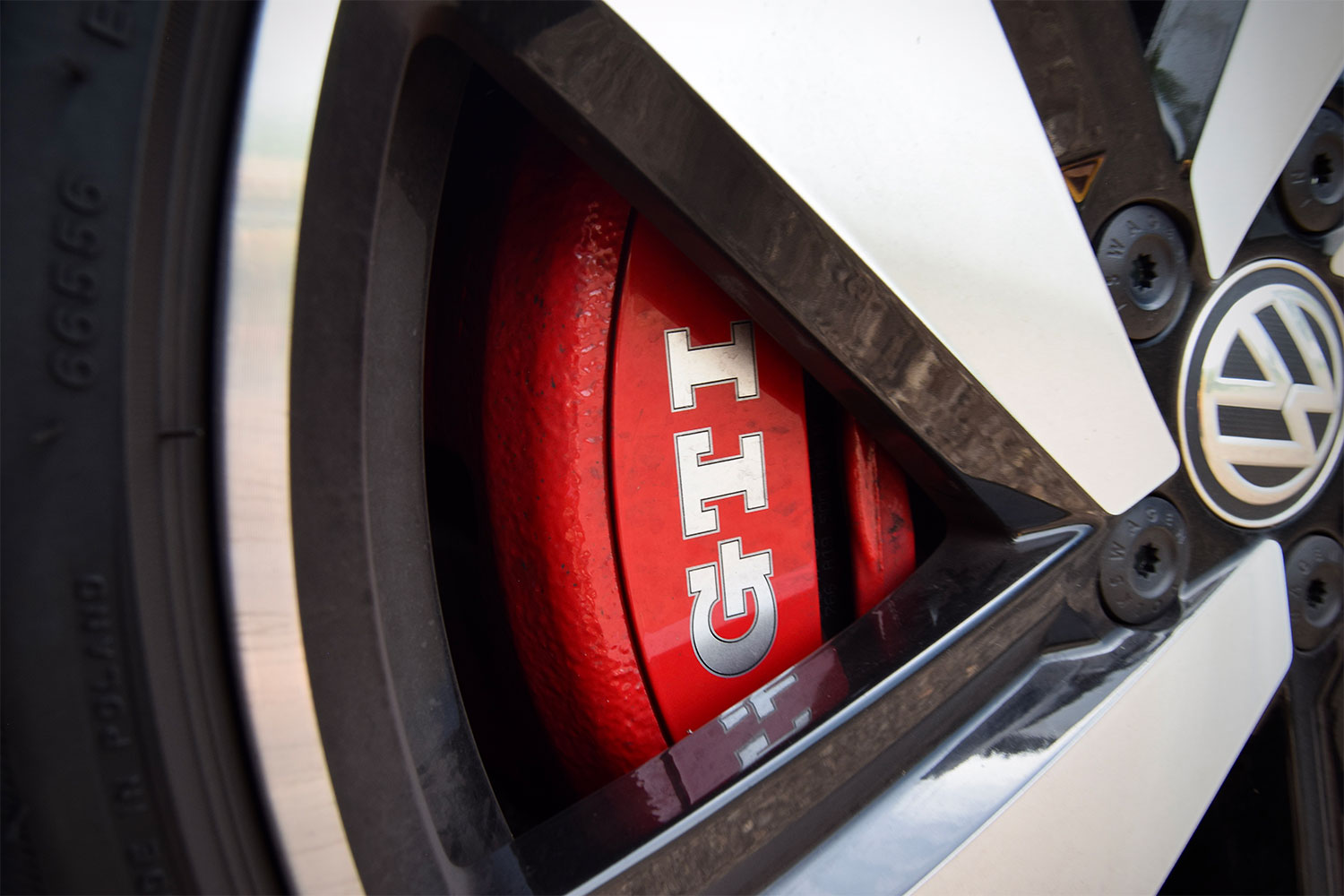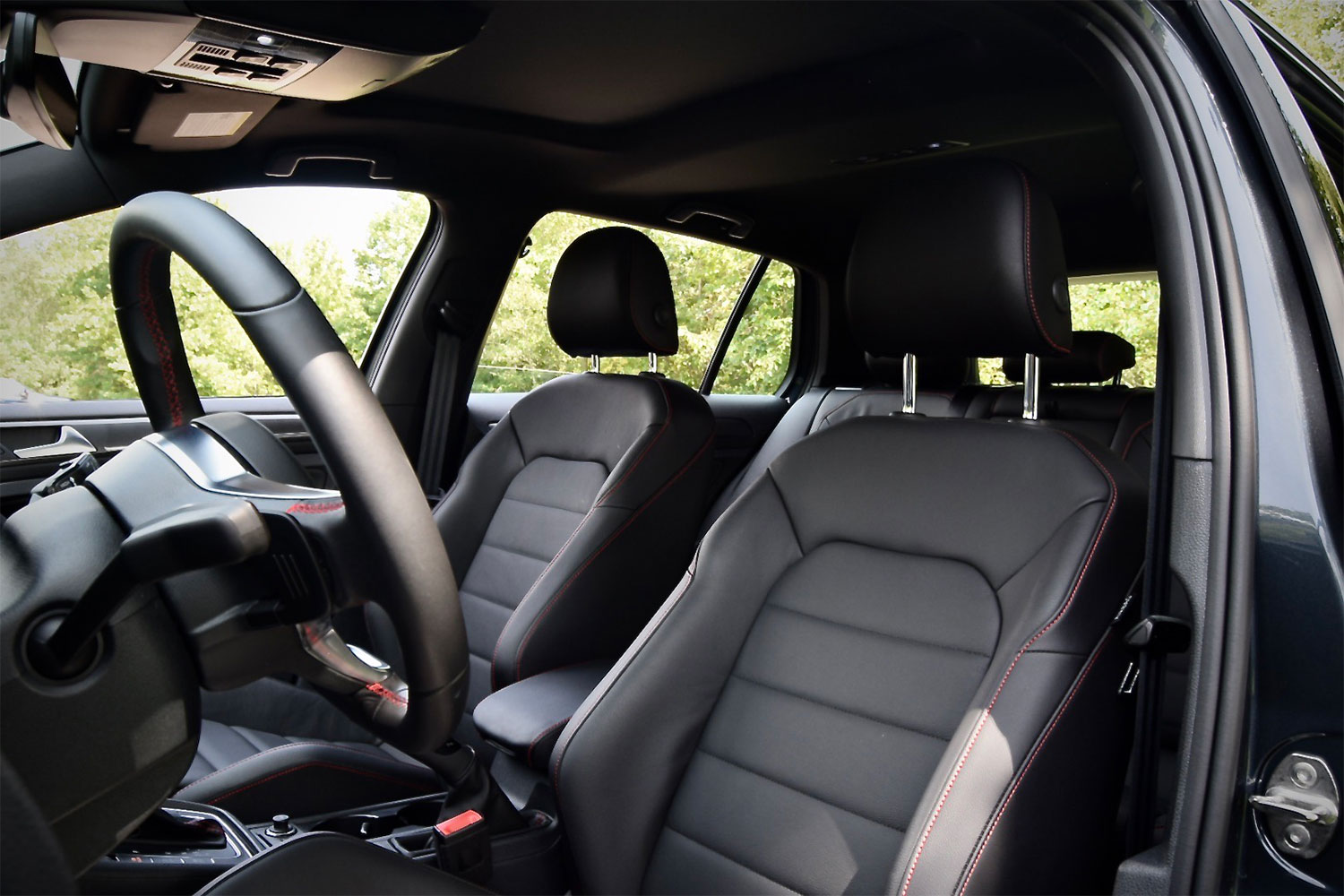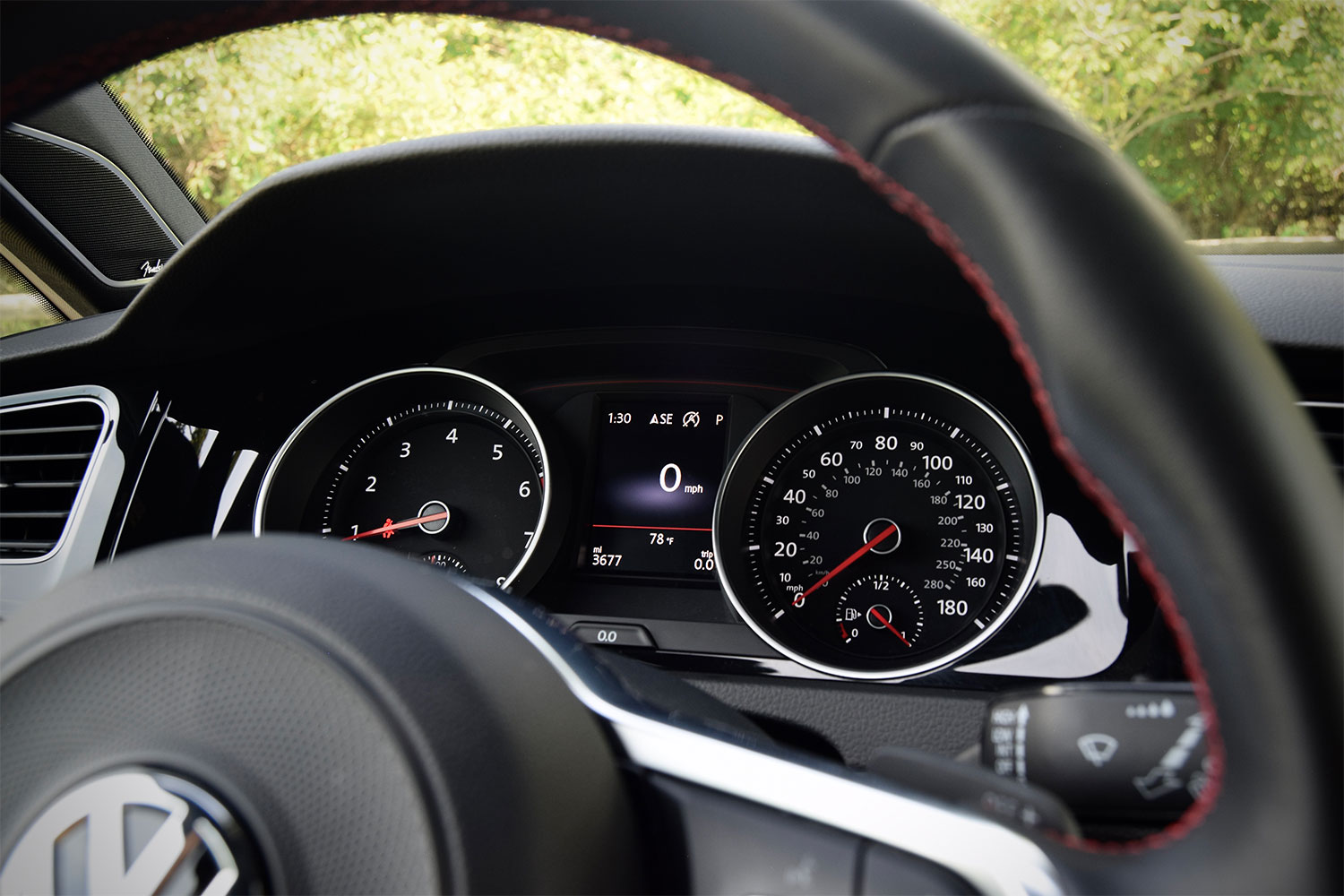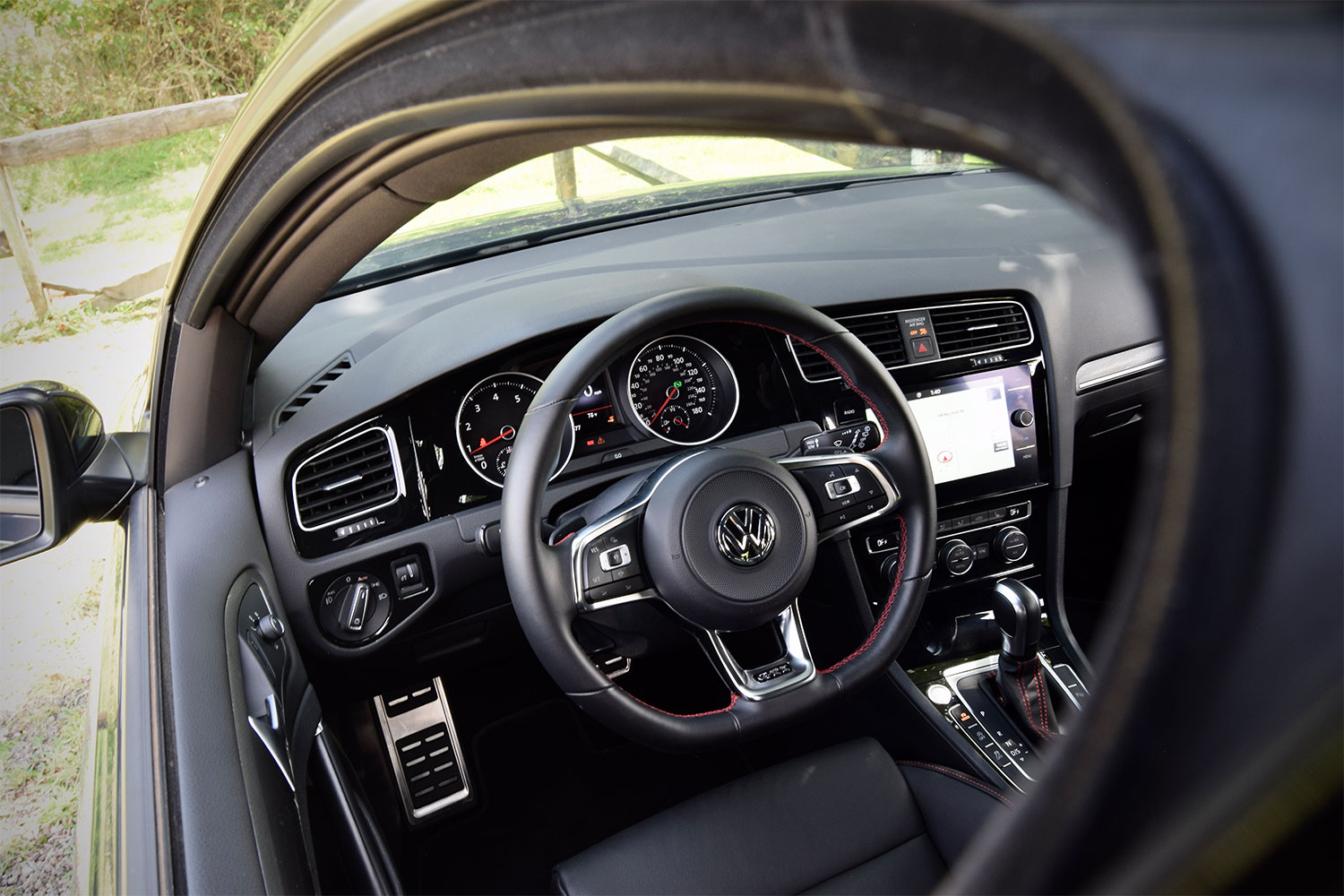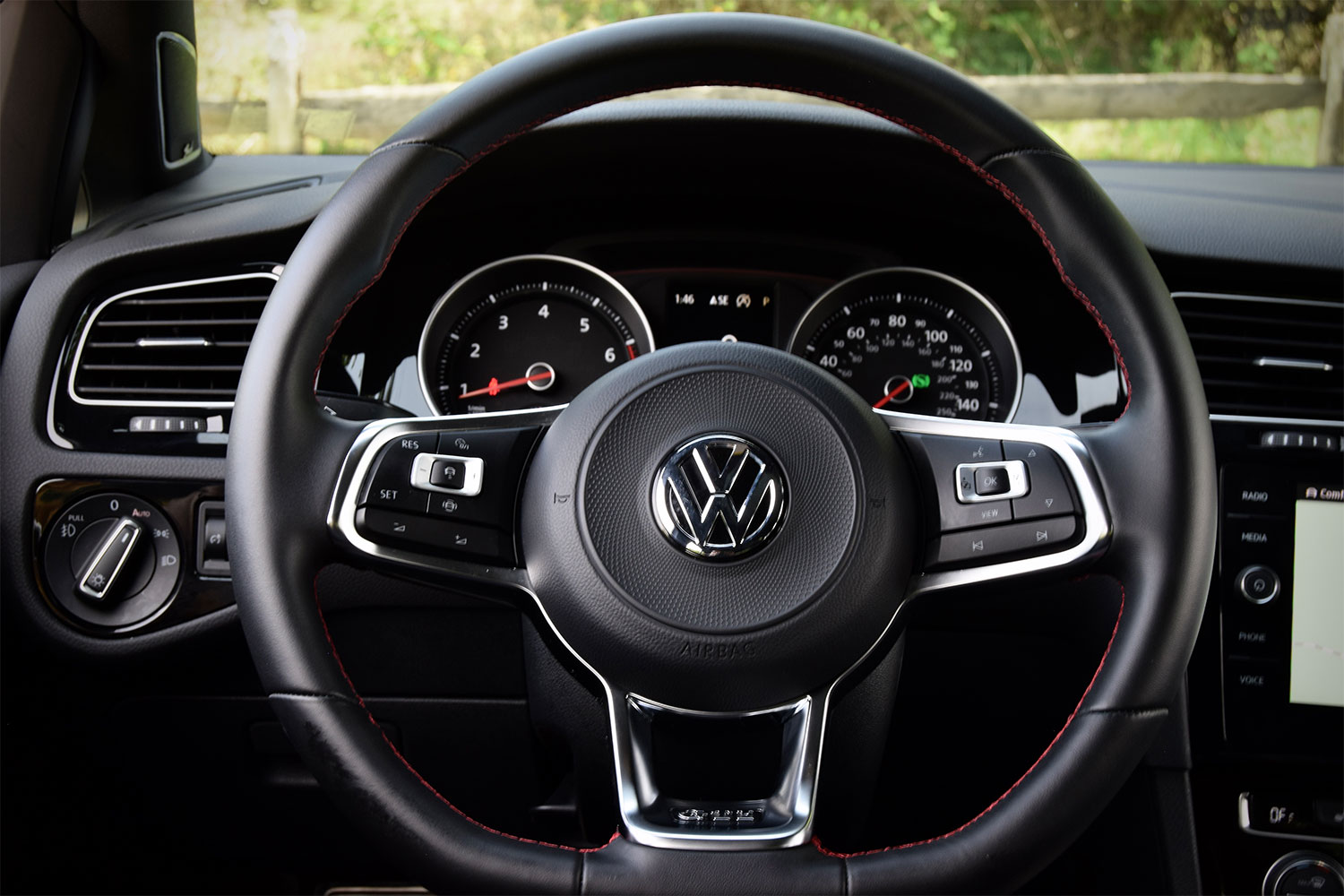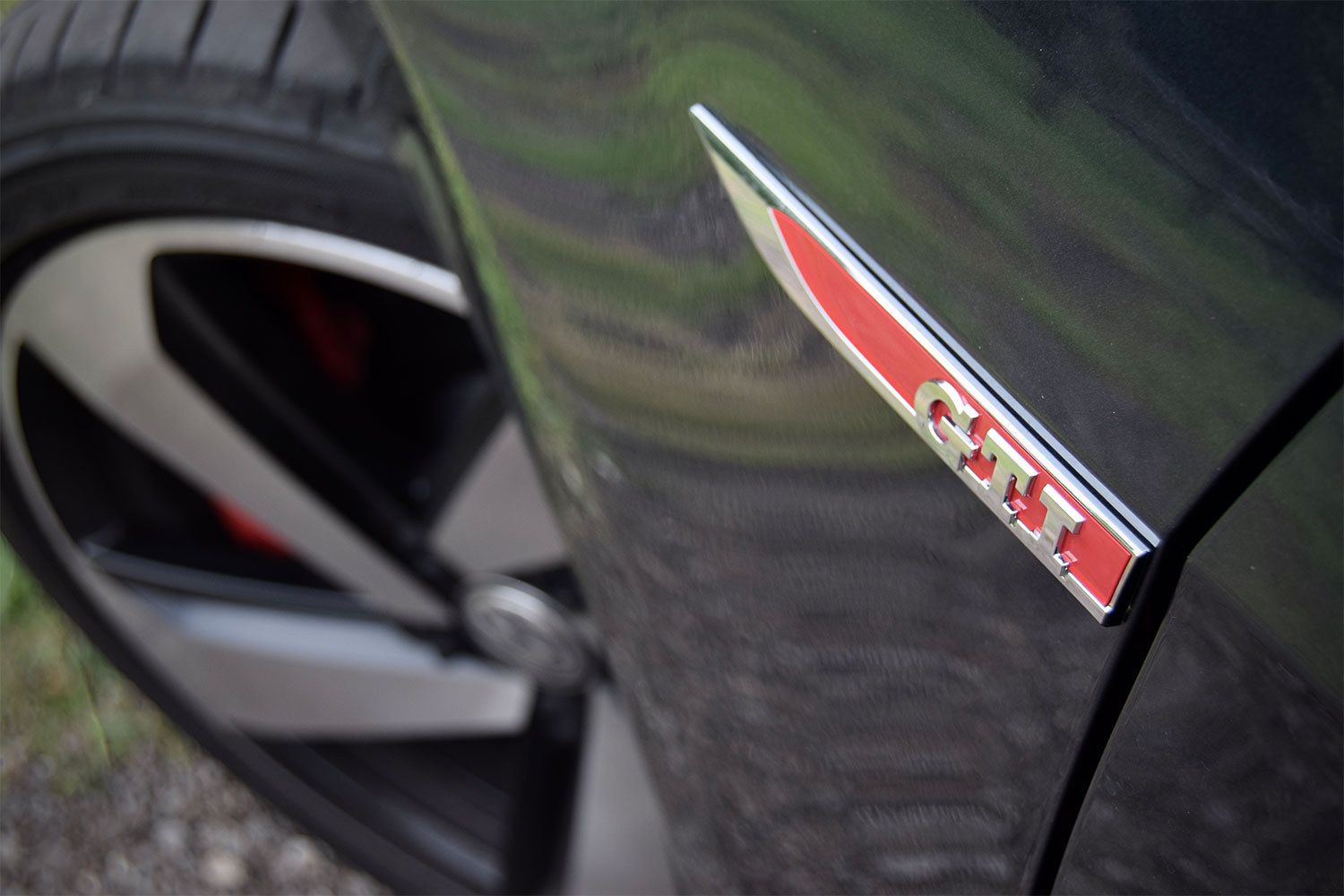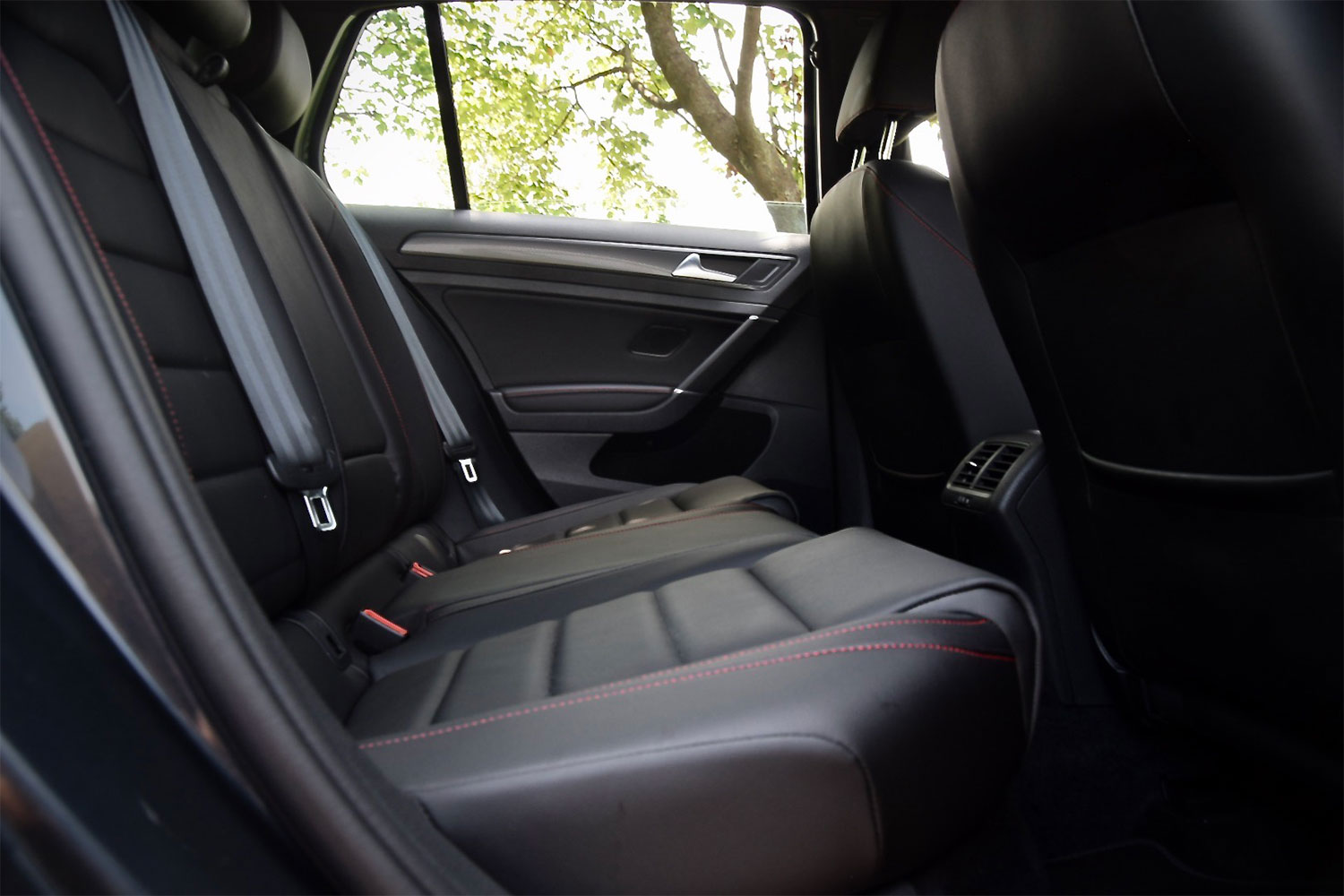Compromise is a major part of being an automotive enthusiast. If all of us had our way, we’d be driving around in convertible Ferraris. Alas, we certainly don’t live in a perfect world. Outside of fantasies, four main aspects influence every automotive purchase: price, performance, reliability, and comfort. These points are intertwined. Get something cheap, and performance, reliability, and comfort may suffer. With an exotic, you’re getting incredible performance, but you’re certainly going to pay for it, and reliability, along with comfort, are areas that will take a back seat.
Finding a happy medium between the four factors is crucial and as enthusiasts, we tend to try to get the most out of performance, while keeping pricing down, with reliability and comfort going out the door. That doesn’t have to be the case, though, because there’s a vehicle out there that represents the best compromise for the real world – the Volkswagen Golf GTI.
Taking all four points into account, there simply isn’t a better vehicle than the Golf GTI on sale. Enthusiasts believe the Mazda MX-5 Miata is the answer to all of life’s automotive questions, but that isn’t the case. It’s actually the Golf GTI.
Performance? With a turbocharged 2.0-liter four-cylinder engine that pumps out 228 horsepower, the little hatchback is certainly peppy. Comfortable seating for four adults plus a massive cargo area? Check. VW may not have the same track record as Toyota in the reliability arena, but you certainly won’t be paying radical prices to keep the vehicle running on the road. Lastly, there’s the price. The GTI S starts at a reasonable $29,515 (including destination) if you get the manual and tops out at $38,215 if you get the Autobahn with the automatic gearbox. Go with the base GTI S and you’re getting a steal of a car. When it comes to the four commandments, the GTI manages to hit all of the right notes.
Whether you’re running errands around town or tearing up a windy road, the GTI impresses in ways few others do. The powertrain, for one, is just so refined and has the range of Matthew McConaughey. Around the city, the low-end torque and punchiness mean you’re zipping around without much effort or drama. Out on the open highway, the engine has plenty of oomph to pass truckers without having to stab the throttle with ferocity.
More impressive than the engine is the seven-speed dual-clutch automatic transmission. While the six-speed is undoubtedly the gearbox to get, the automatic makes a strong case for itself. It’s one of the best dual-clutch transmissions in an affordable car on the market. Quick, smooth, and seemingly one step ahead of the plan, the automatic transmission brings all of the positives of a dual-clutch unit without any of the negatives. Furthermore, there’s no buyer’s remorse with the automatic.

The Autobahn trim we tested was fitted with VW’s DCC adaptive chassis control system, which is a fancy way of saying that the suspension includes adaptive dampers. While only available on the Autobahn trim, the system is well worth the funds. With the setup, you can have your burger your way. Soft and pillowy on the highway, stiff yet compliant on a windy road. The adaptive suspension system further helps the GTI’s duality.
Find yourself on a good road, set the GTI into its “Sport” setting, and you’re sure to wind up with a smile on your face. The quick steering doesn’t provide that much feedback, but the lively chassis, strong brakes, and exquisite powertrain make that one niggle easy to overlook. Any road, whether it’s that one windy road that you know like the back of your hand or an unexpectedly sharp exit ramp, and every drive, becomes enjoyable behind the wheel of a GTI.
The GTI certainly isn’t the quickest, grippiest, or the most powerful hatchback available, but its true party piece is how well it does the boring, mundane things. No one enjoys going to Costco and the majority of people don’t want some gaudy, boy-racer machine that gets every cop’s attention. Fun when you want it to be, but more importantly, quiet, comfortable, and versatile when you need something grown-up, the GTI is eerily close to perfection.
If it weren’t for the drab interior, awkwardly high seating position, and lack of feedback from the steering wheel, the GTI would put up a strong fight as being the best car for every person. Even non-enthusiasts will find it difficult to fault the GTI. Looking for a vehicle that can really do it all? You’ve got your answer with the GTI.
